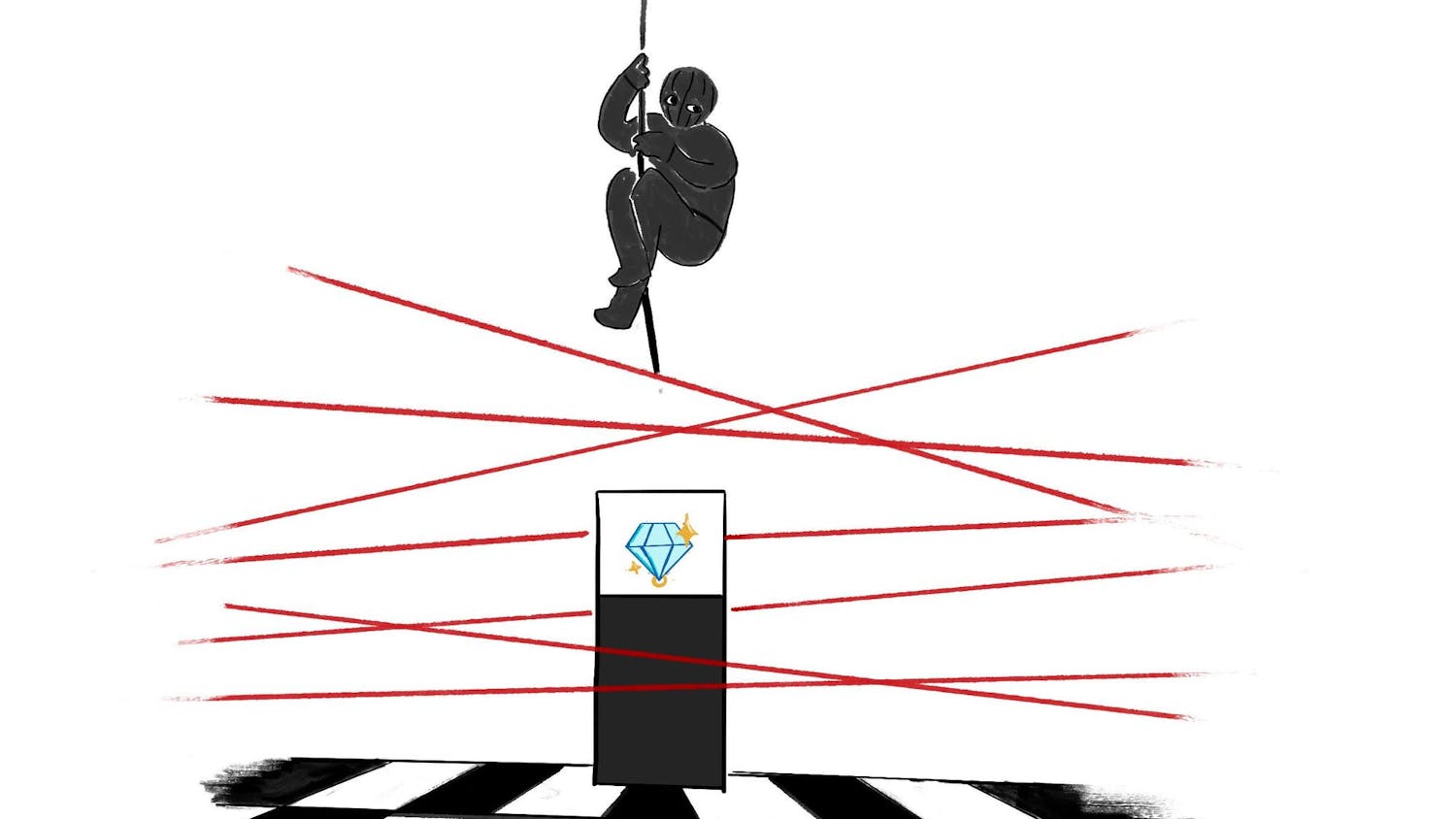Auburn University students recently traveled to Cuba as part of two new study abroad programs.
Eleven students from the University Honors College traveled alongside Tiffany Sippial, associate history professor in the College of Liberal Arts. They were the first to participate in the 14-day Honors College study in May of this year.
The group of students visited Havana, Santa Clara, Cienfuegos, Trinidad, Jovellanos and the Pinar Del Rio provence. Instead of getting a hotel or renting an apartment, the students and Sippial lived with local families during their travels.
The honor students learned to cook traditional meals, participated in baseball games and salsa lessons, enjoyed Cuban night life and hiked around outdoors.
“I met so many people who all walked different, similar, divergent, adjacent paths from everyone around them, but all in their own ways embodied the ways in which Cuban people have worked within and around the restrictions placed on property, jobs and mobility,” wrote Hannah Skjellum, a student on the trip, on her blog post about Cuba.
Sixteen students from various colleges on campus also traveled to Cuba for a 12-day “Coast-to-coast exploration of food, farming and tourism” which is from a new partnership between the College of Agriculture and the College of Human Sciences.

Paula Hunker, director of strategy and policy for the Hunger Solutions Institute in the College of Human Sciences, led the 12-day trip alongside Beth Guertal, professor in Crop Soil and Environmental Sciences.
According to Hunker, what struck everyone the most was seeing history differently from the other side of the table.
“People view Cuba as poor and underdeveloped but we saw first hand that they have the highest literacy rate in the world,” Hunker said. “We are all concerned with reality television or the latest sports stars. They instead adore poets, authors and artists. The country is filled with art.”
Although freedom for Cuban citizens is very limited, Hunker said she felt safe and that the native people were very welcoming and friendly.
Limited Wi-Fi was another cultural difference that the students had to face, but Hunker said the students adapted and had fun doing things like playing cards and going dancing.
“[Limited Wi-Fi] alone became a release of that addiction and really allowed you to become immersed in the culture,” Hunker said.
The trips were made possible for a lot of the students by individual scholarships that came out of the president’s office to help cover the expenses.
Since these were the first study abroad trips to Cuba, the pioneering students were given travel books to review and prepared in an orientation session prior to leaving. And then they learned along the way with multiple lectures throughout the trip.
Future study abroad programs to Cuba will soon be available, and a new spring course will be required to prepare for the trip.
“It was an eye-opening and priceless experience,” said Alisa Mobley, a student who went on the 14-day trip. “The people are very friendly and welcoming, and the country is beautiful. I will definitely be going back in the future. Cuba is an amazing place.”
Do you like this story? The Plainsman doesn't accept money from tuition or student fees, and we don't charge a subscription fee. But you can donate to support The Plainsman.




